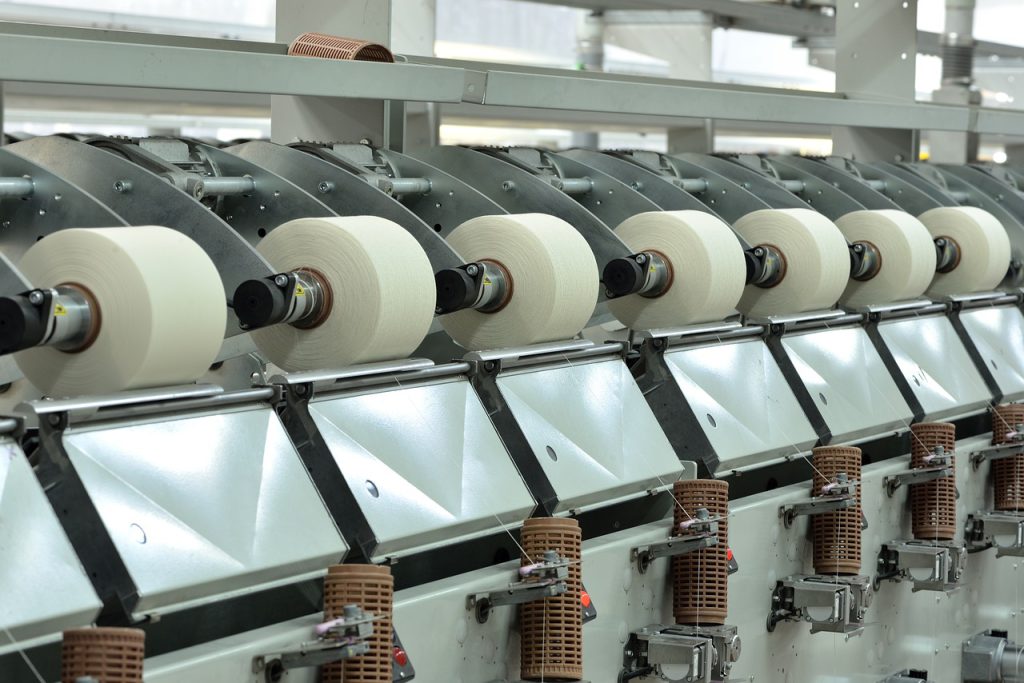
Manufacturing
“We adhere to globally recognized best practices to remain at the forefront of the manufacturing sector, ensuring alignment with international standards. Our core business objectives prioritize excellence in quality, cost-effectiveness, adaptability, and continuous innovation.”
Welcome to the world of cotton textile manufacturing, where we delve into the fascinating process of transforming cotton fibers into a wide range of comfortable and versatile fabrics. Here’s an overview of the cotton-only manufacturing process
- Spinning manufacturing
spinning is a crucial part of transforming raw fibers into functional and versatile textiles that we use in our daily lives. From clothing to household items, the art of spinning plays a vital role in the creation of various products we rely on.
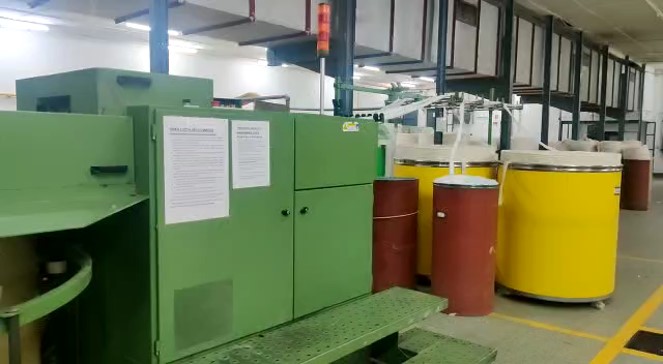
carding and draw frames
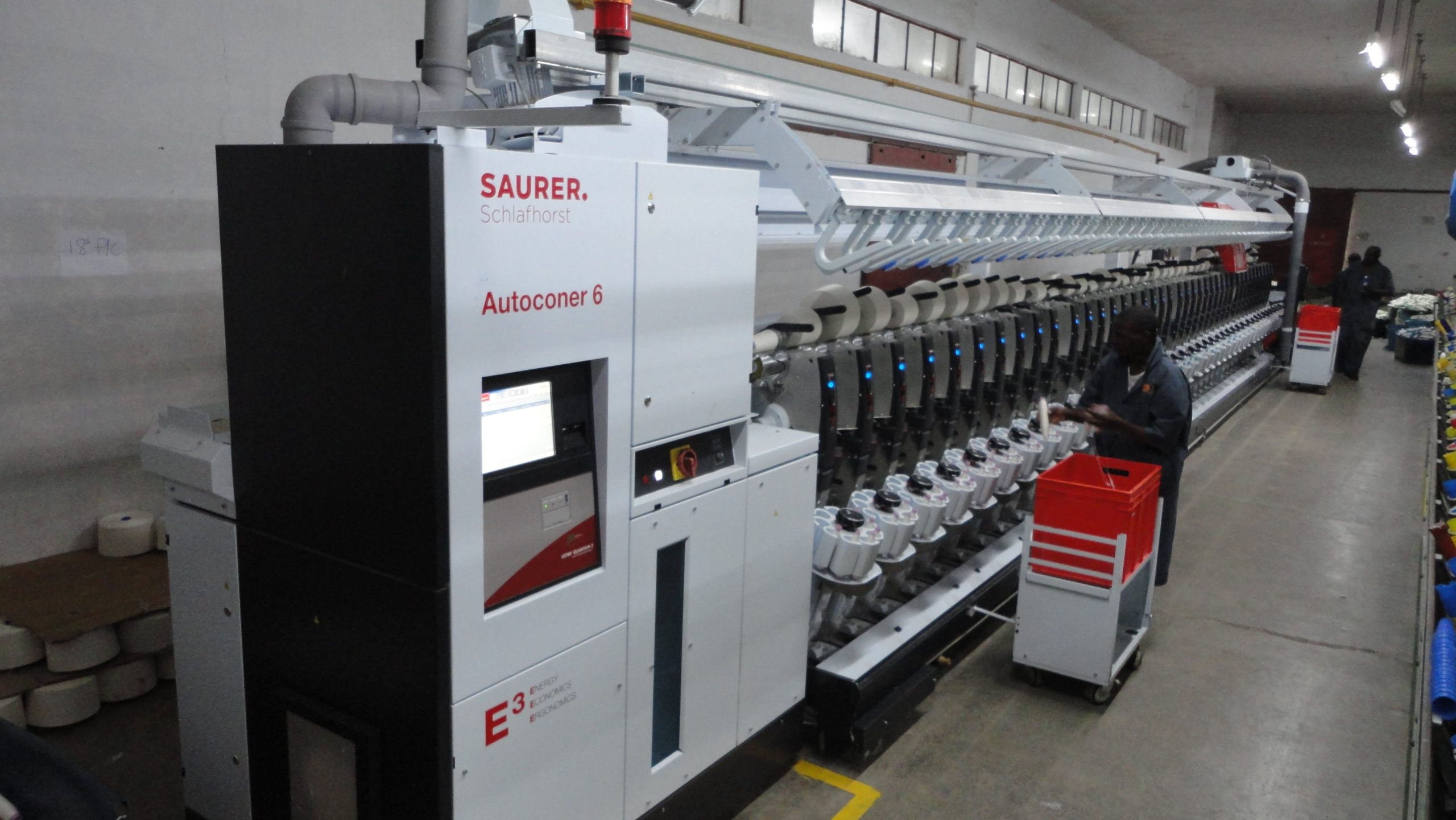
Auto Corner Machine
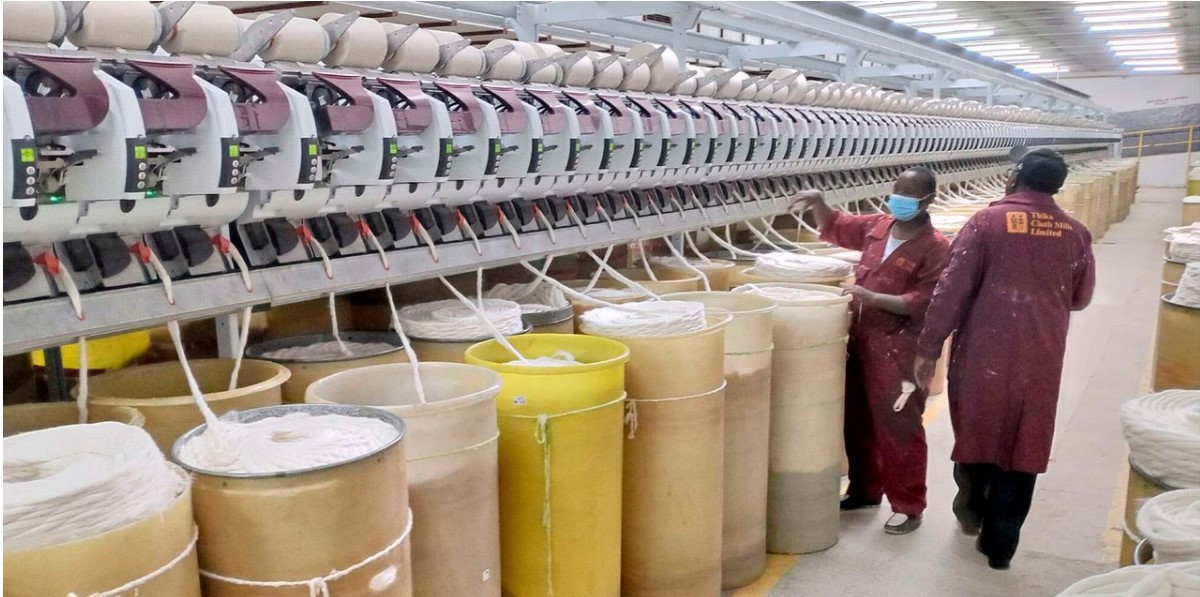
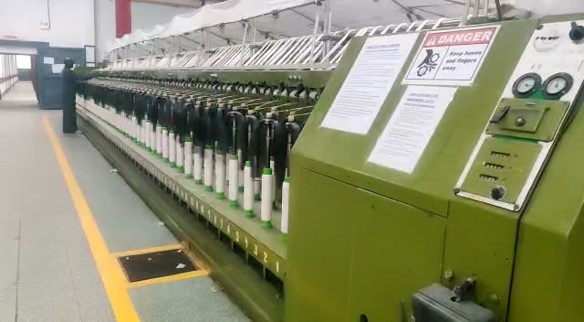
Speed Frame
2. Weaving
Weaving is the process of fabric manufacturing by interlacing two sets of yarn called warp and weft.
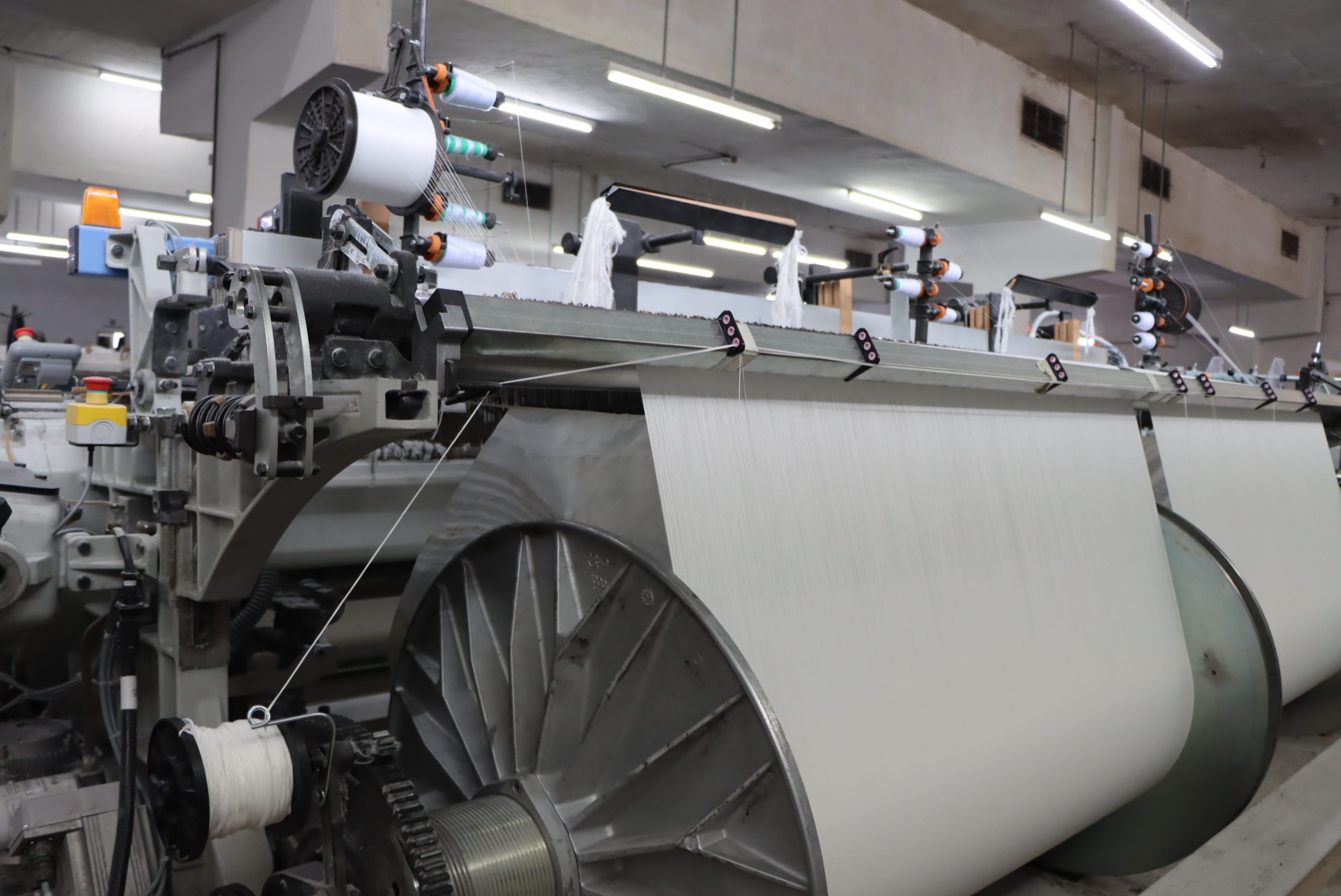
Weaving Sulzer & Rapier Machines
The basic steps in yarn preparation and weaving are as follows: 1. Warping: The warp yarn is wound onto a beam 2. Sizing: This involves treating the beamed yarns with starch to improve the weaving performance 3. Drawing-in: The warp threads are drawn off the beam and threaded through the heald shafts
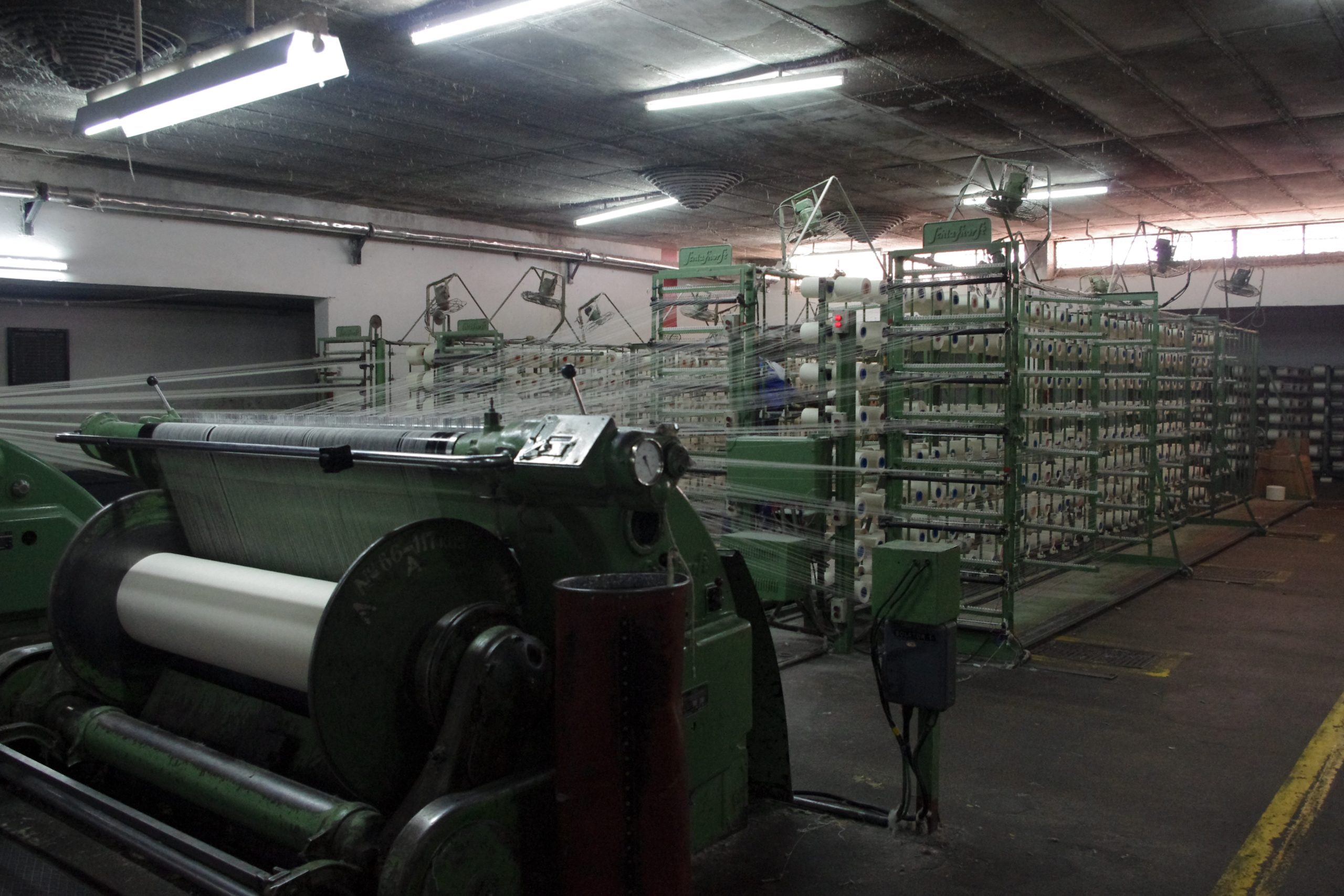
sizing/warper
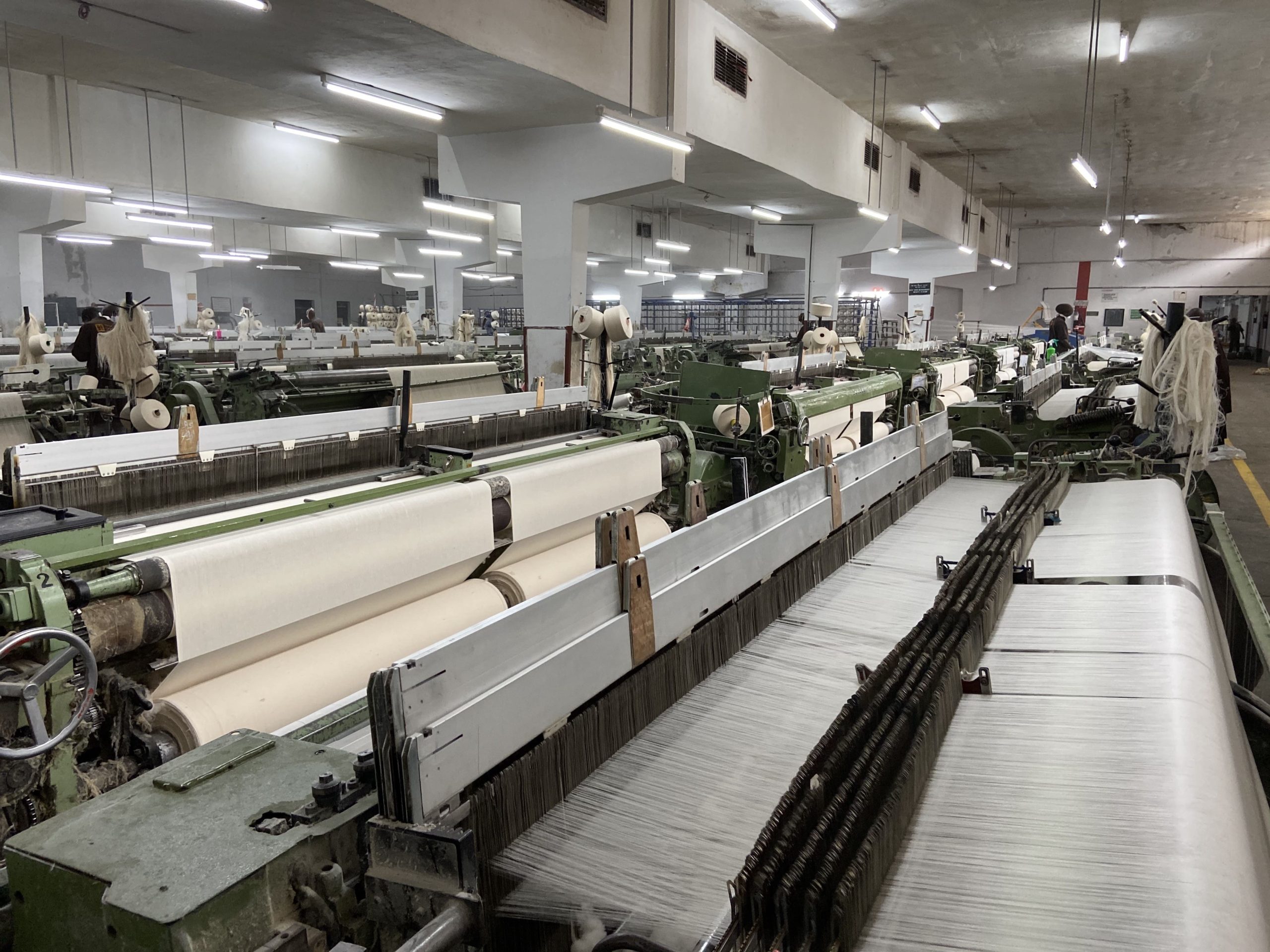
yarn-production-min-scaled
3. processing (Dyeing, Printing and Finishing)
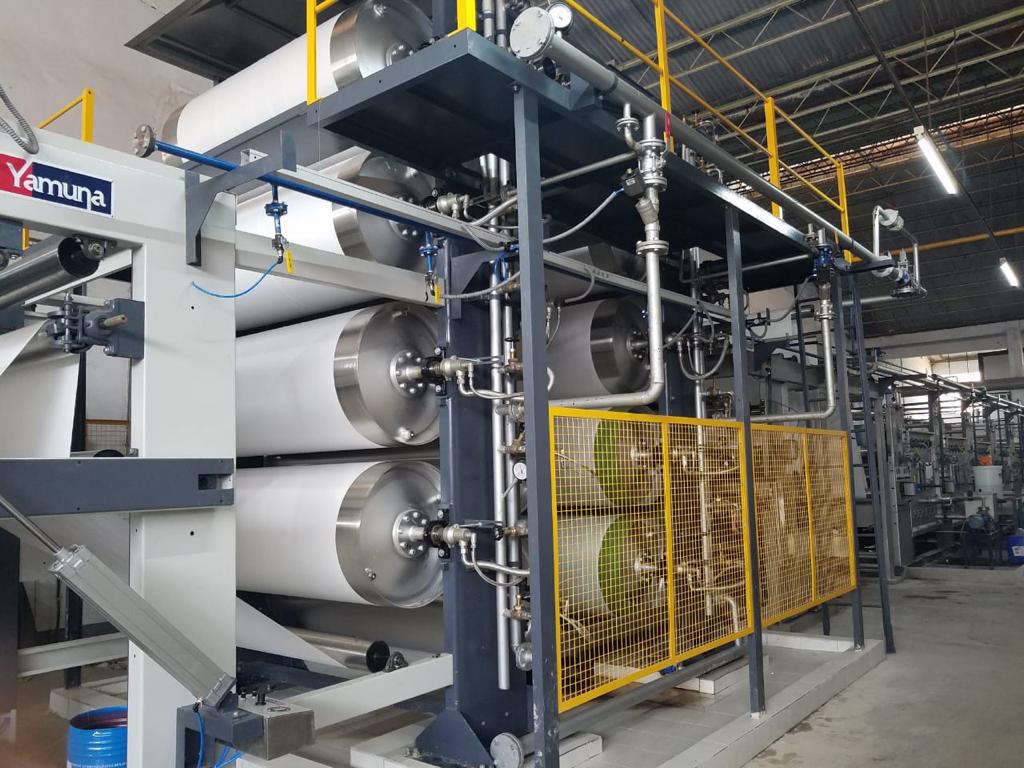
In dyeing we impart color to textiles, which is followed by finishing treatments aimed at enhancing the texture, appearance, and functional properties of the fabric to meet specific quality standards and customer requirements.
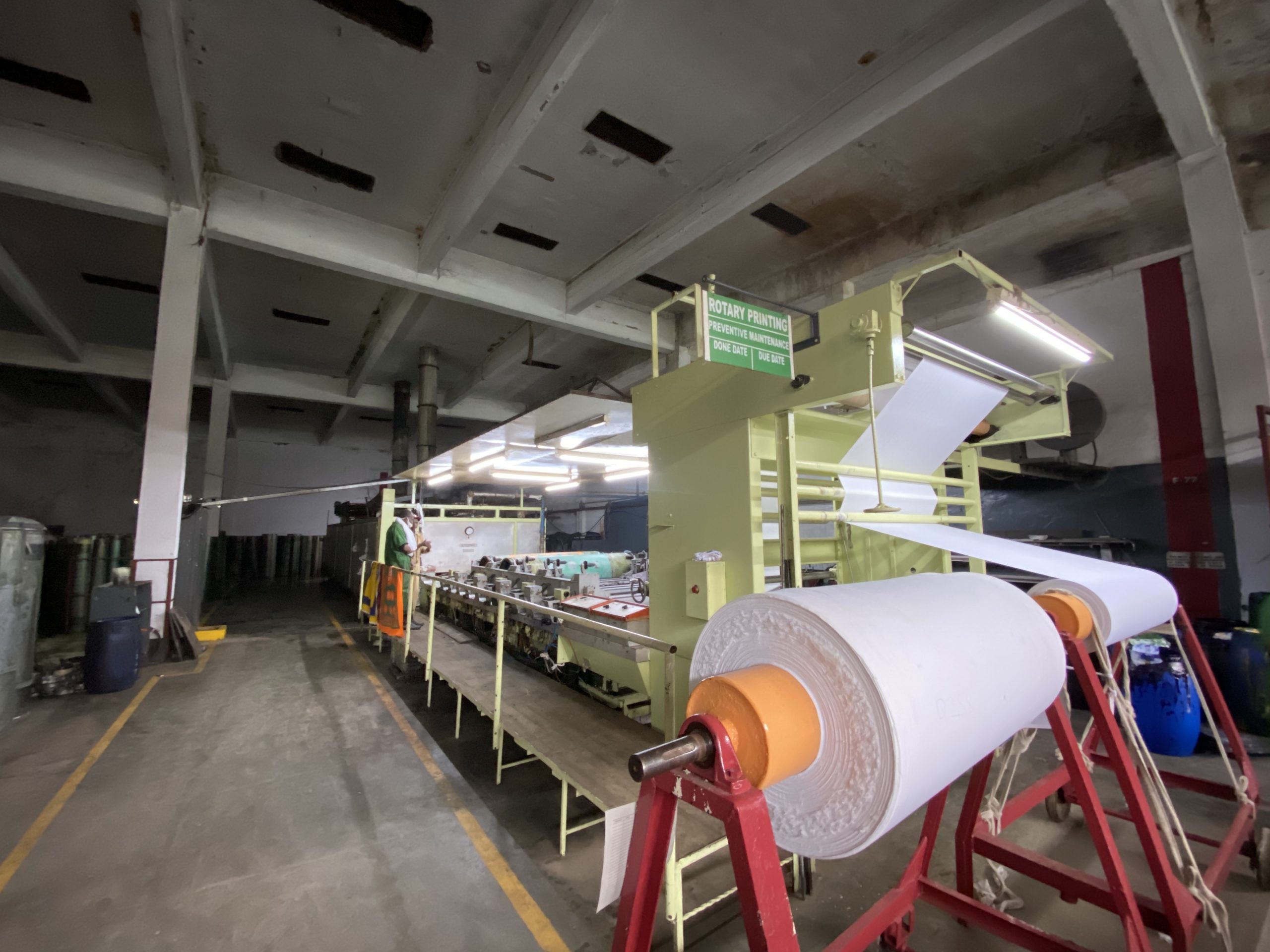
Stretching
In textile manufacturing, the processing stage encompasses a series of crucial steps that transform raw materials into finished textiles ready for market. This stage involves dying, finishing, and processing, each contributing uniquely to the quality, appearance, and functionality of the final product.
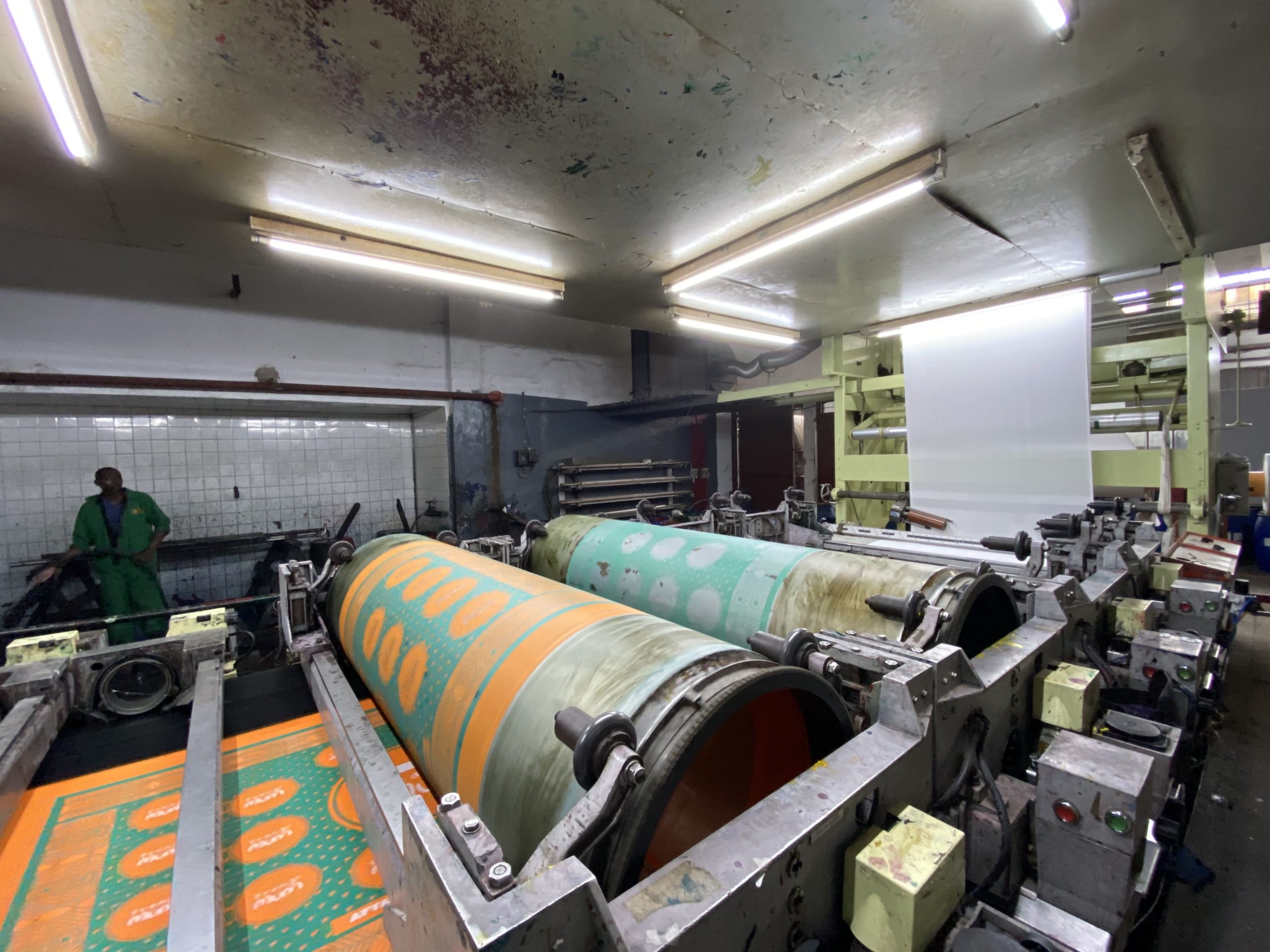
dye & print
Digital Printing
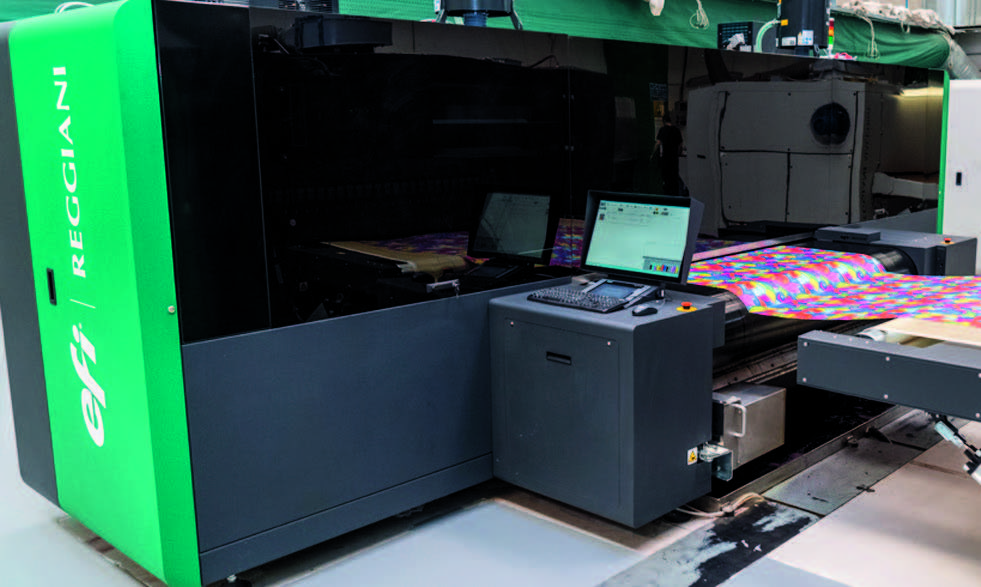
At Thika Cloth Mills we have a Digital Printing machine The latest innovation in the field of Textile Printers; is compact, gives the option of millions of colors to choose from, and the possibility of unique design, every time. Designed to print directly on natural and synthetic fabrics, our Cloth Printing Machine incorporates the latest technology.
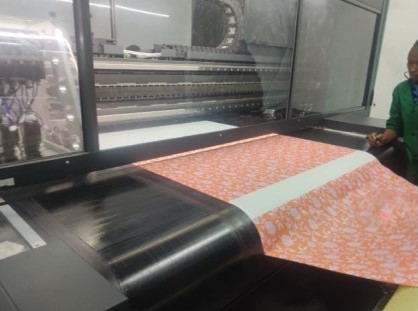
Description
Sustainable Responsible Manufacturing
Low Carbon Emissions through solar energy, hydropower,biomass
Eco-friendly ETP
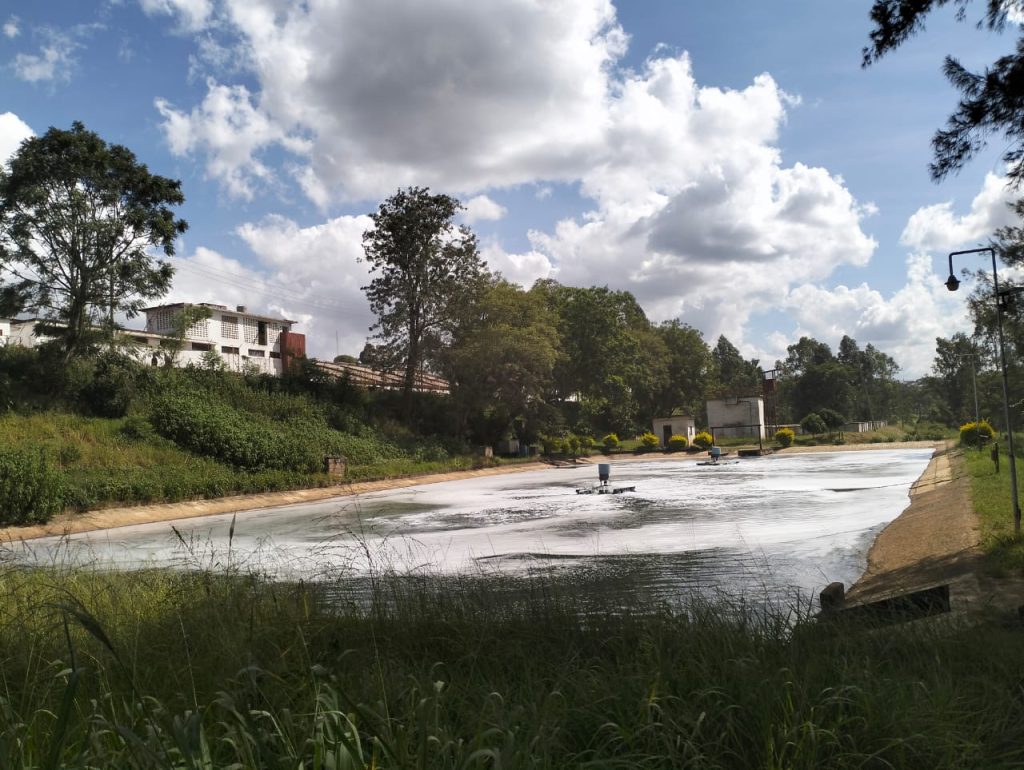
The Effluent Treatment Plant (ETP) significantly reduces industrial wastewater’s environmental impact by treating and purifying it before discharge. Our emphasis on eco-friendly ETP practices surpasses conventional methods, enhancing sustainability and minimizing industrial ecological footprints.
Clean Energy
We use solar energy to fight climate change by using less fossil fuel, and reducing pollution and greenhouse gas emissions.
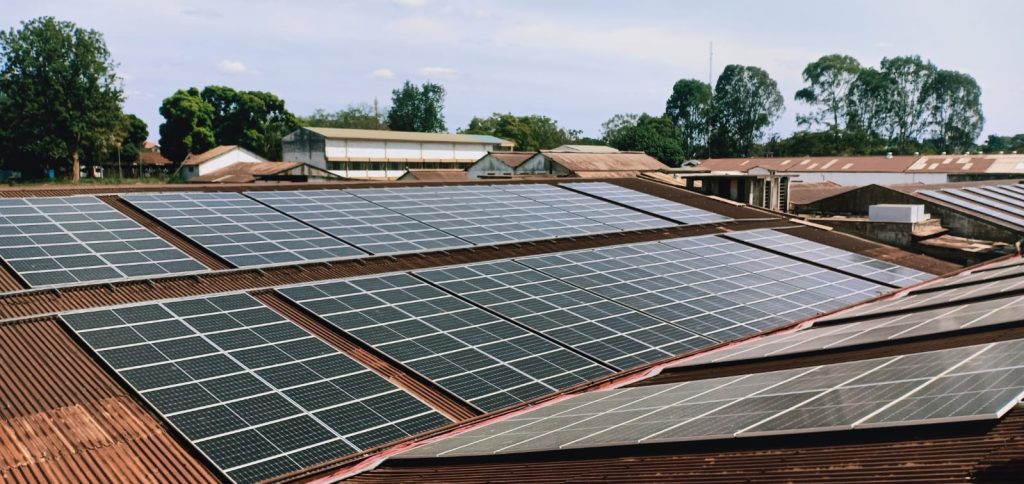
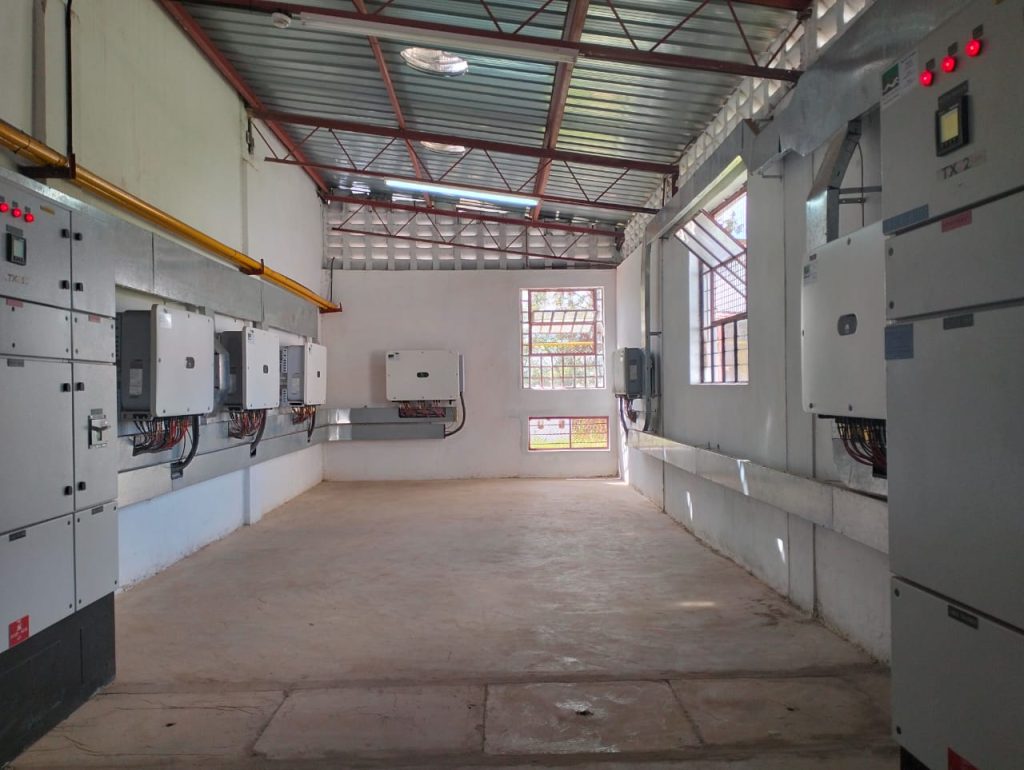
A biomass steam boiler
Harnessing the power of renewable energy sources, our state-of-the-art boiler exemplifies our dedication to reducing carbon footprints while ensuring uninterrupted, sustainable production.
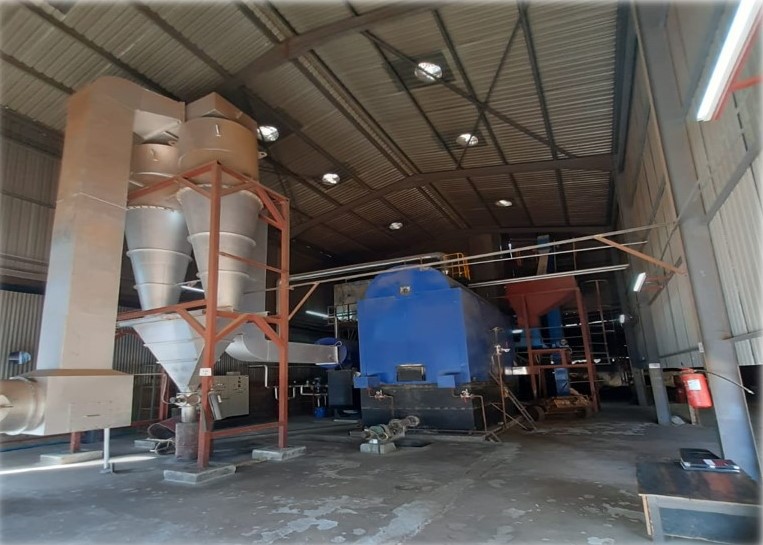

boiler room
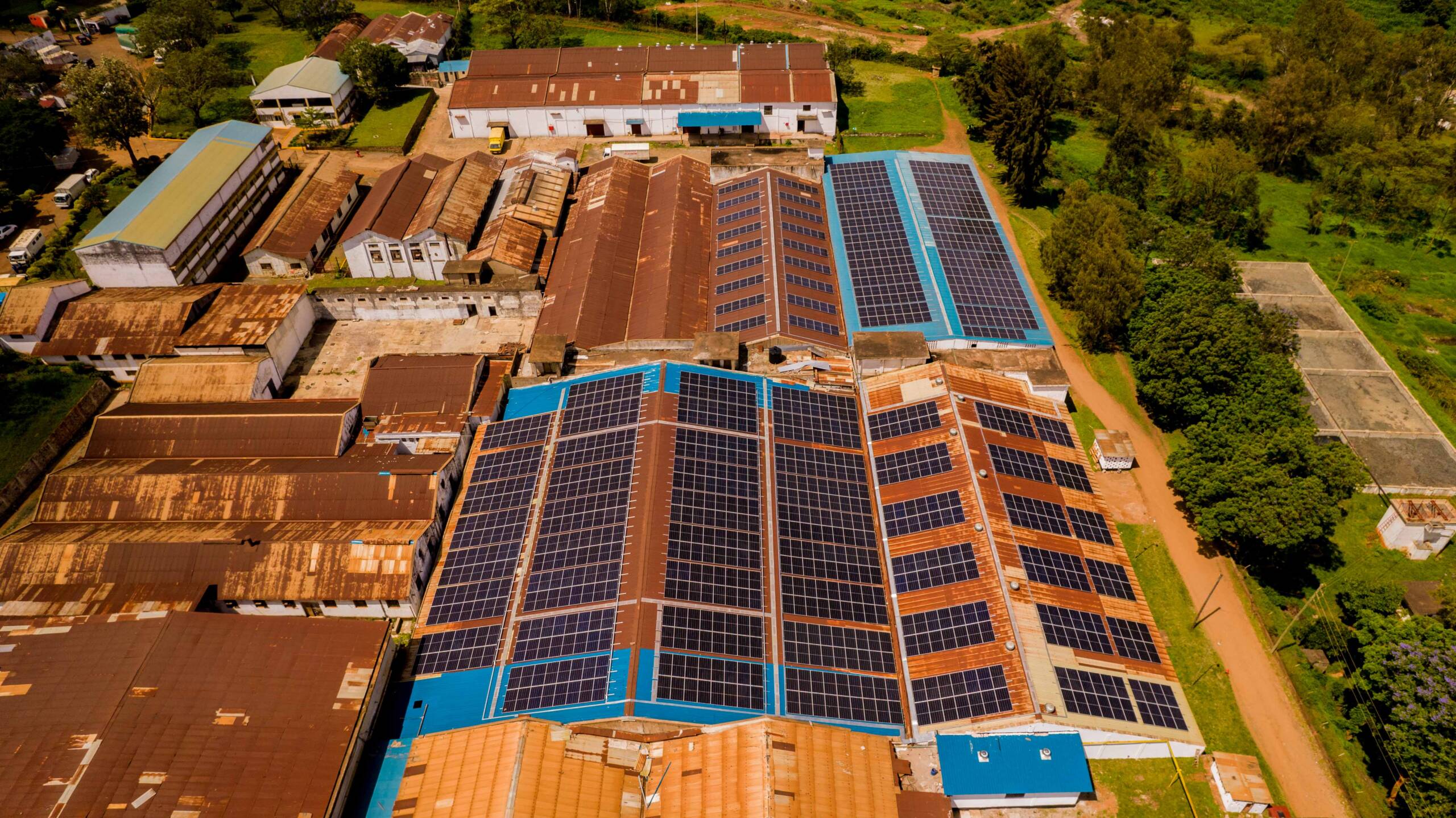
Clean Solar Energy